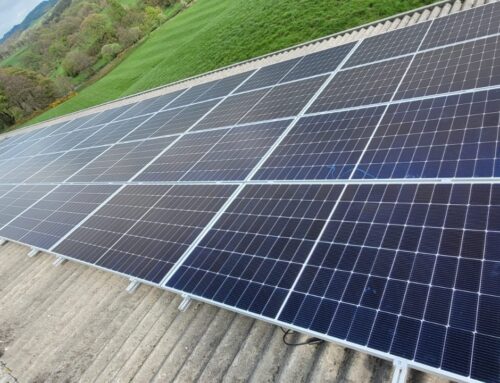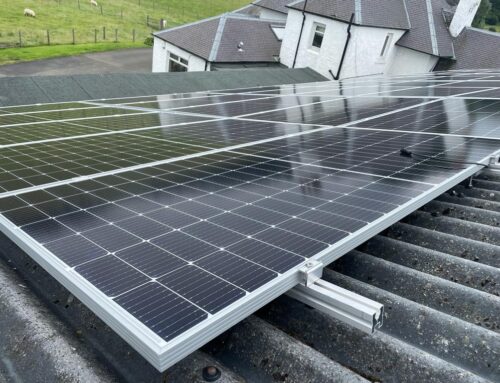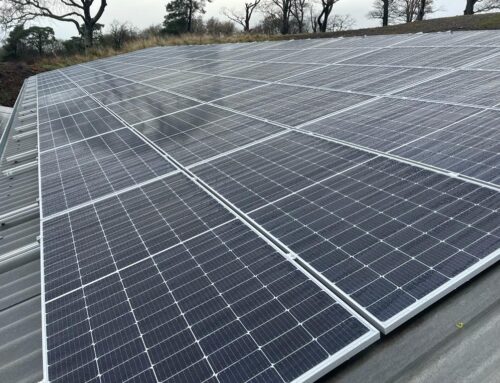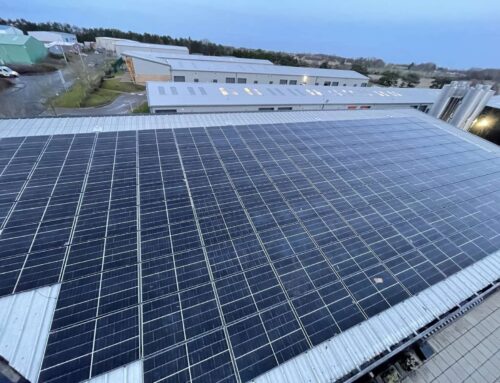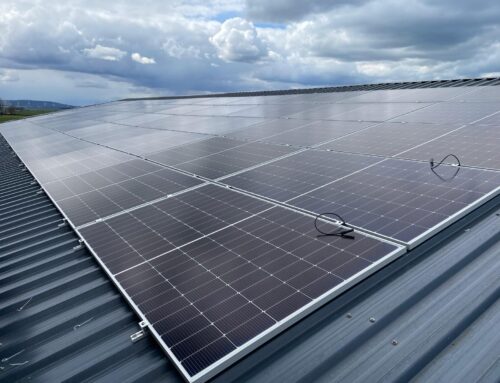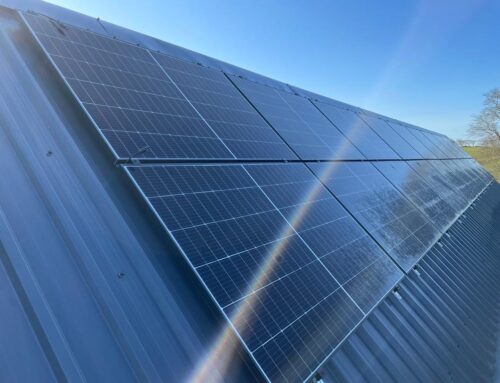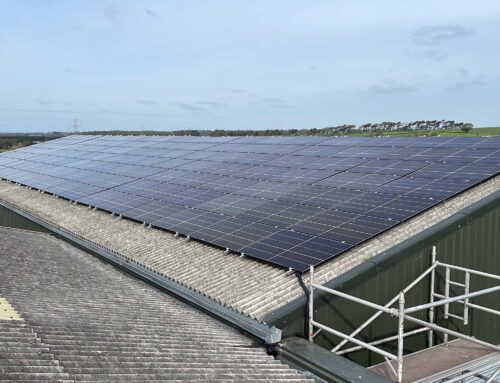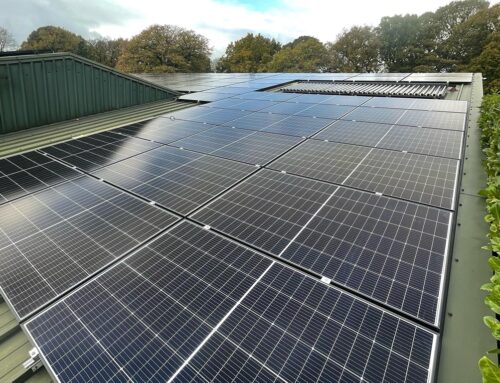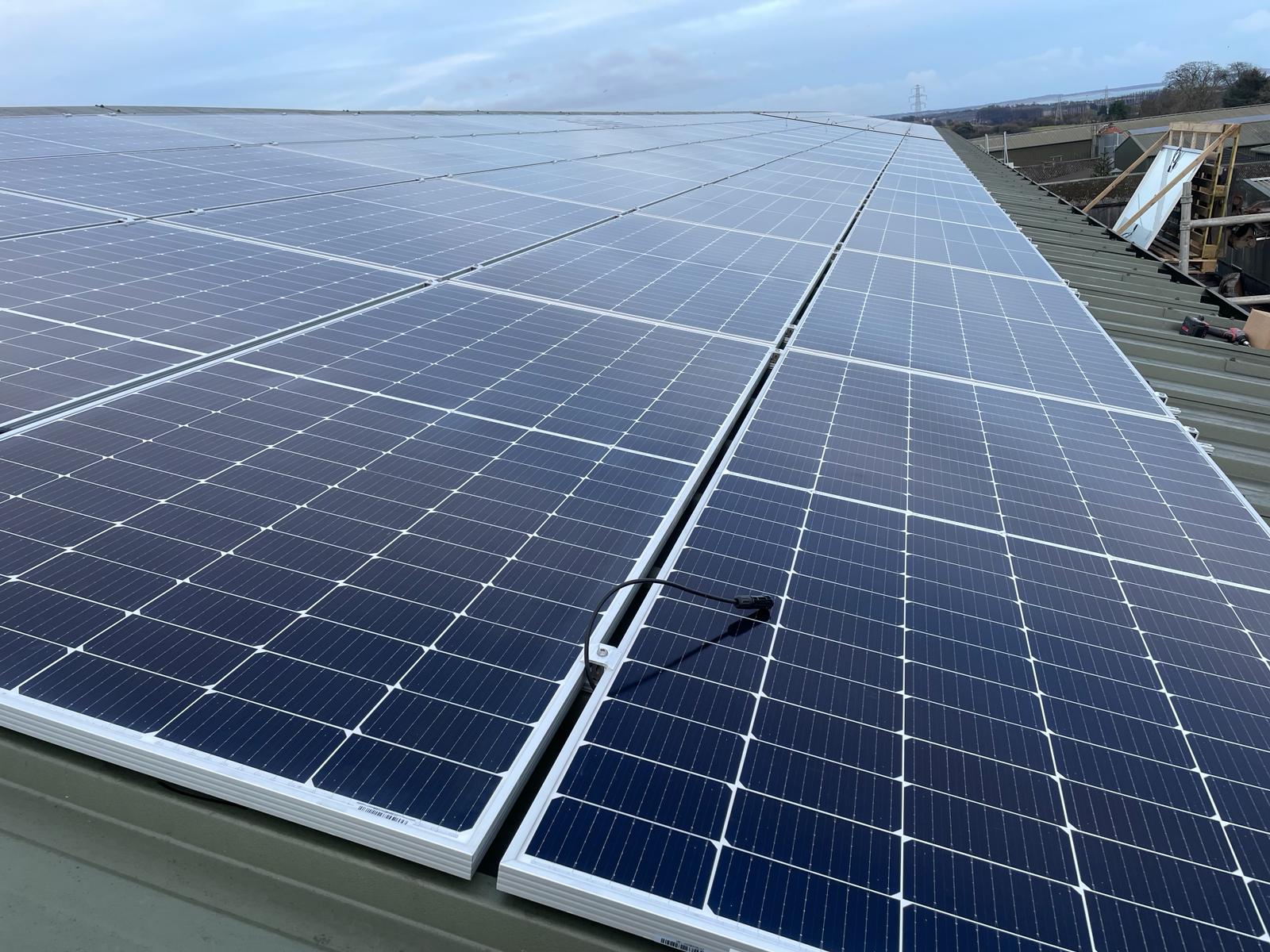
Many countries are switching to solar energy because it is sustainable, offers economic benefits like reduced energy bills, government incentives, increased property value, and offers energy dependence to homeowners. The United Kingdom is no exception. Today, over 900,000 British homes have solar panels installed, and as the shift towards sustainable practices grows, solar panels have become a win-win for many households. In fact, according to Statista, the cumulative installed capacity of solar PV in the United Kingdom has increased massively, skyrocketing from 95 megawatts in 2010 to 14,651 megawatts by the end of 2022.
There’s no denying solar panels offer a suite of pros for homeowners. However, understanding their lifespan is vital to calculate the financial viability of solar PV systems and analyse the long-term returns on investment. If you are thinking about getting solar panels but unsure about the lifespan of a solar panel, here’s some information to help you get started.
What Determines the Lifespan of Solar Panels?
- Quality of Materials: The longevity and durability of solar panels depend immensely on the quality of materials used in their construction. Typically, high-quality panels are made from durable materials that can withstand environmental conditions, such as humidity, extreme temperatures, UV exposure, etc.
- Manufacturing Standards: If you want solar panels that can last for years, ensure they are manufactured by reputable companies under stringent standards and quality control protocols.
- Environmental Factors: The geographical location and local climate significantly impact the lifespan of solar panels. Regions prone to harsh weather conditions, such as frequent hailstorms or hurricanes, may experience faster degradation of panels compared to areas with milder climates.
- Maintenance Practices: How long a solar panel lasts is also dependent on how well it is maintained. Over the years, solar panels can accumulate dust, debris, and other pollutants, and periodic inspections by specialists can help identify potential issues early and allow for timely repairs or replacements.
Typical Lifespan of Solar Panels
The lifespan of solar panels is usually measured in terms of degradation rate or the gradual decline in energy output over time. While various factors influence degradation rates, most solar panels have warranties guaranteeing a certain level of performance over a specified period. The standard warranty ranges from 20-25 years, and if you want to increase the lifespan of solar panels beyond their warranty period, opting for professional installation by certified solar technicians can be helpful as they can install solar PVs correctly and securely, hence minimising the risk of any damage.
Conclusion
Homes in the UK produce tonnes of carbon, and a vast portion of this carbon footprint is attributed to energy used in ACs, heating, operation of home appliances, etc. Switching to solar is an enormous step in making the future sustainable. If you want to reap solar energy’s environmental and economic perks and ensure your solar PVs will last for years without any energy issues, feel free to contact the solar PV specialists at Ember Energy for solar panel installation.


